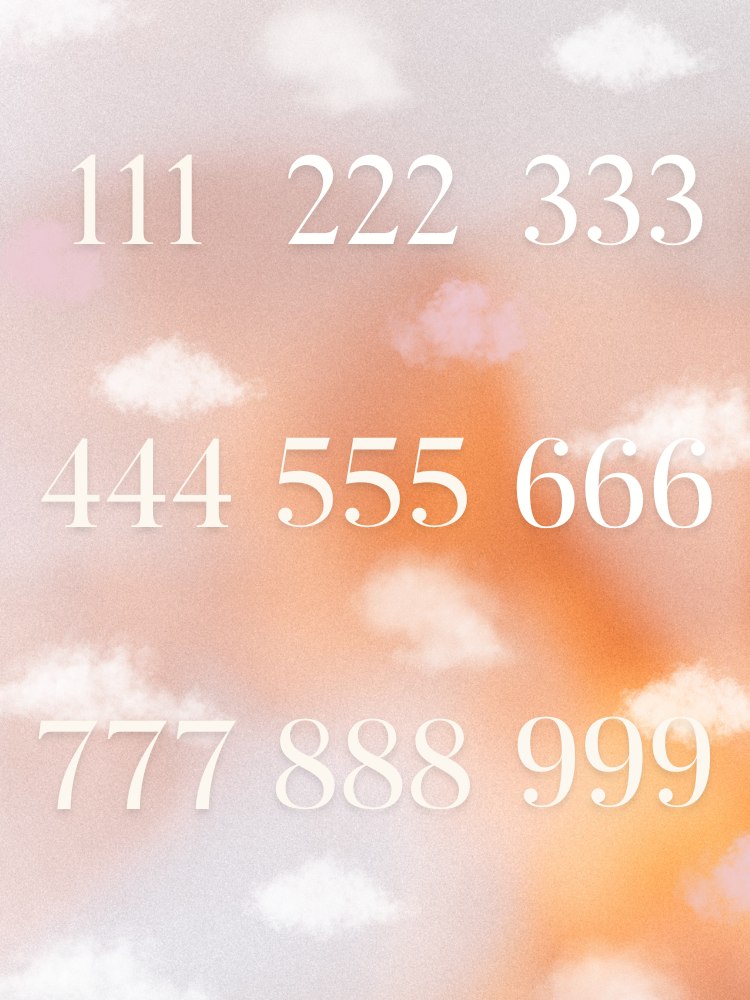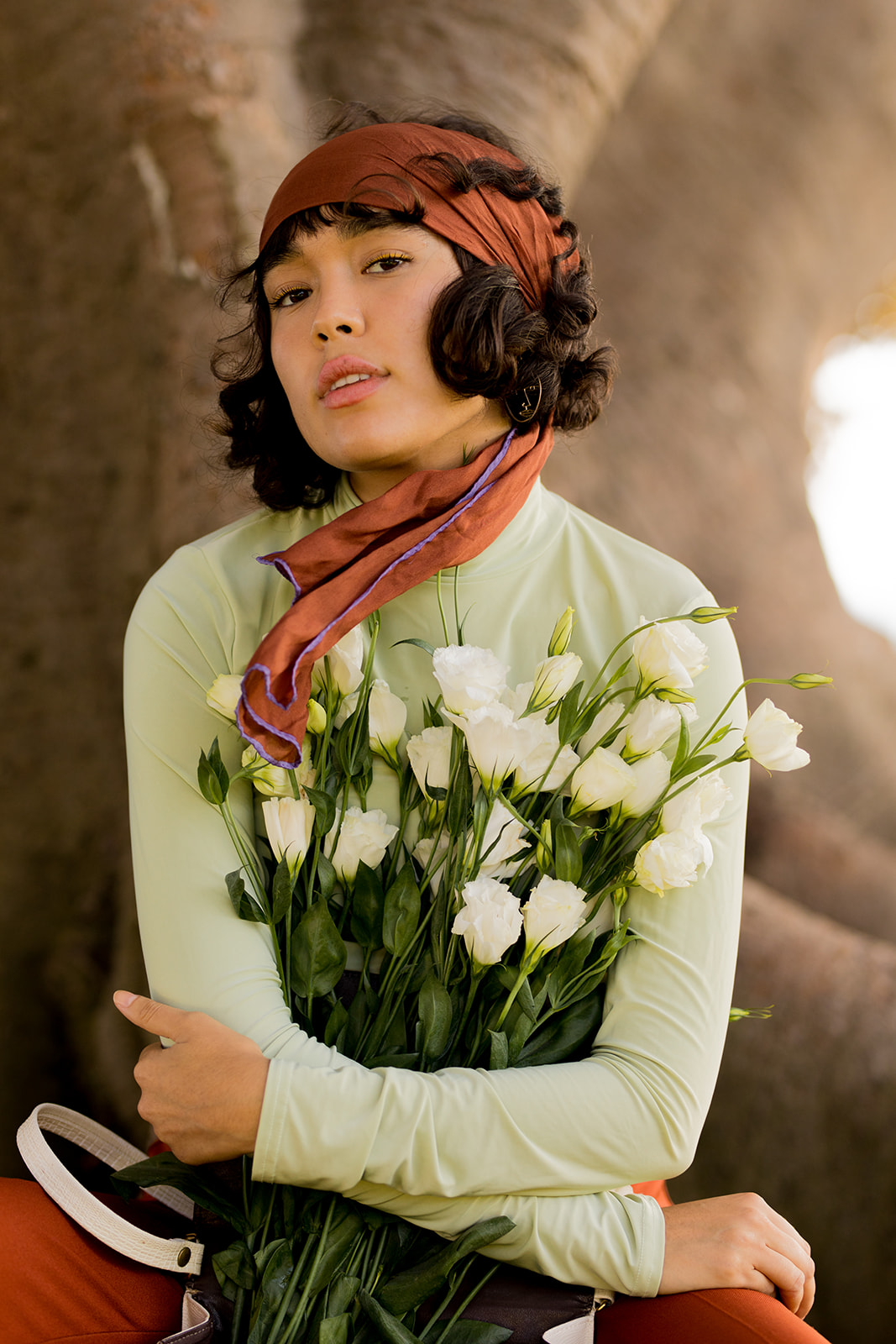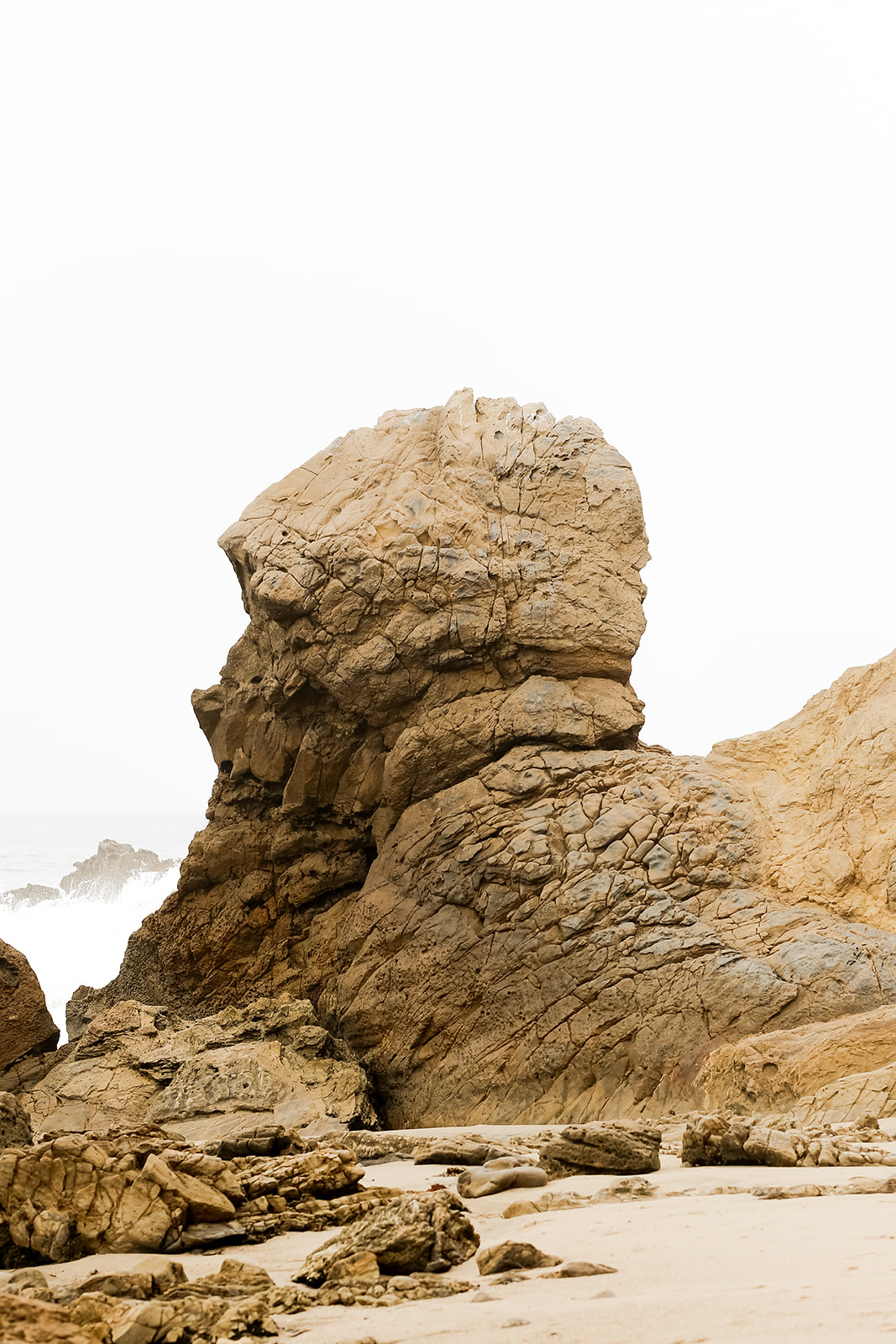“This is the worst decision I have ever made,” I scrawled in my journal with all the steadiness my jet-lagged, hungover self could muster. I had just boarded a train in Madrid with only minutes to spare before departure, breathless and wet with rain and sweat.
“Being alone, for so long, in a country I had never been to? It scared me to death.”
All because, I told myself, I had made the terrible decision to say yes. It was my first trip overseas, and while I spent the first four days traveling with a friend, something told me to stay longer and explore by myself. I was embarking on ten days of solo travel through Andalusía with few plans and limited Spanish. Being alone, for so long, in a country I had never been to? It scared me to death.
That final day in Madrid had begun with one last espresso and agua con gas with my friend at Caravan Cafe in the historic Lavapiés neighborhood. The handsome barista told us he was originally from Venezuela, “not Minnesota,” he clarified (apparently American travelers frequently misheard it as Minnesota). We had been wandering the city all week, eating our weight in tapas and speaking Spanglish when our high school Spanish vocabulary could not get us any further.
“When all else failed, we’d just say sí with a smile and hope for the best.”
When all else failed, we’d just say sí with a smile and hope for the best.
But now, I was by myself. I pressed my aching forehead to the cool glass window and watched as we rode south towards Córdoba. Alone and distant from all I knew, just like the Lorca poem I had read in my youth — Córdoba, lejana y sola.
And I had said yes to it.
Why say yes when you want to say no?
I’ve spent many years practicing the art of saying “no” in order to establish my boundaries. No to gifts, no to overwhelming social plans, no to unrealistic social media standards. These nos protected me during difficult seasons of life and allowed me to make space for myself; eventually, though, they began chipping away at me. “Losing yourself does not happen all at once,” writes Shonda Rhimes in “Year Of Yes.” “Losing yourself happens one no at a time.”
“Losing yourself does not happen all at once. Losing yourself happens one no at a time.”
– Shonda Rhimes, “Year of Yes”
I was losing myself by limiting myself.
As I slowly re-established my boundaries, I realized I had once again boxed myself in, and limited my range of experience. I wanted more. Not in a way that took from others, but in a way that expanded my capacity, deepened my experiences, and grew the limits of my comfort zone in nurturing ways. So I began to say yes.
The yesses gradually grew from lunchtime walks all the way to an overseas trip — the more I said yes to things I didn’t typically do, the more I wanted to say yes to everything. It was not about abandoning healthy boundaries, but rather became a challenge to step beyond the familiar, to face the unknown, and to welcome experiences that might initially seem daunting.
“There is power in wielding our decision making, and there is strength and growth in facing those things that scare us.”
“Saying yes . . . saying yes is courage,” writes Rhimes. “Saying yes is the sun. Saying yes is life.” There is power in wielding our decision-making, and there is strength and growth in facing those things that scare us.
When to say yes
Saying yes to everything, though, isn’t possible nor is it healthy. So how do you know when to say it? I’ve set up a few personal questions I ask myself when determining this. If I can say yes to the below questions, then I say yes to the experience.
- Is this something I am interested in?
- Is this within my capacity or capability, or can I rise to the occasion of it?
- Am I safe to do this — physically, financially, or emotionally?
- Are my loved ones and communities safe if I do this?
- Can I imagine growth on the other side of this experience?
Perhaps your questions are different, but take a moment to consider how you can push yourself to test the limits of your comfort zone.
“Think of yourself as a solo traveler — you can do, see, or experience anything you want, and it’s also nice to sometimes get recommendations from the locals.”
And importantly, don’t let the pressure of other people shape your interests without consulting your gut first. It’s all too easy to take on the desires of other people as a direction, rather than starting from within and accepting wisdom from outside influences.
Think of yourself as a solo traveler — you can do, see, or experience anything you want, and it’s also nice to sometimes get recommendations from the locals. It’s up to you, ultimately, to decide what’s right for your experience.
How to say yes
If you’re not quite sure how to say yes, or where to start, I say allow yourself to go through a day or a week and just notice the moments that might quicken your breathing or cause your palms to sweat. (Like in meditation, just notice them, you do not have to take action yet).
“See if you can identify which times you needed true protection, and which times you were simply feeling confronted.”
Catalog those moments, and see if you can identify which times you needed true protection, and which times you were simply feeling confronted. If the answer is you need protection, then draw your boundaries — growth is much more difficult when we’re being eroded by harmful people or experiences.
If you’re simply feeling confronted, for example if you’re presented with a public speaking opportunity, return to your questions (or use mine above) to decide if it’s a challenge worth taking on. You can even start small; instead of making an elaborate speech, perhaps you speak up one more time in your next Zoom call. Say yes, even if it’s a little bit at a time. That’s how growth works — in small, incremental steps that we hardly notice until we look back at how far we’ve come.
“Say yes, even if it’s a little bit at a time. That’s how growth works — in small, incremental steps that we hardly notice until we look back.”
About two hours after my train departed Madrid and I rolled into a drizzly, quiet Córdoba (no longer so distant), I wrote again in my journal. “This is the best decision I have ever made.” I realized this “yes” was just one of many that would begin to shape me into the person I’m meant to become. Someone who looks at difficult, desirable things and says yes.
Looking back at the trip, now, I see how pivotal it was in my life (even though I got lost, sick, faceplanted multiple times on cobblestones, and had one — just one — unsavory experience with a strange man). Since then, I’ve embraced even more discomfort — returning to myself after longstanding grief, learning about how my mind works, even ending a relationship. My capacity for “yes” has grown, and I’ve seen myself flourish, even in the face of painful experiences.
“My capacity for “yes” has grown, and I’ve seen myself flourish, even in the face of painful experiences.”
On one of the final mornings of my trip, I ordered pan con tomate, agua con gas, and espresso from a kind-smiled young man who, in turn, told me in English, “You will survive”. I still don’t know if he could see the fresh hangover on my face, or if he recognized the burgeoning confidence in how I ordered breakfast. I smiled and squeaked out a sí.
And I told myself, too — yes. Yes, I will.
Emily Torres is the Editorial Director at The Good Trade. Born and raised in Indiana, she studied Creative Writing and Business at Indiana University. You can usually find her in her colorful Los Angeles apartment journaling, caring for her rabbits and her cat, or gaming.
















